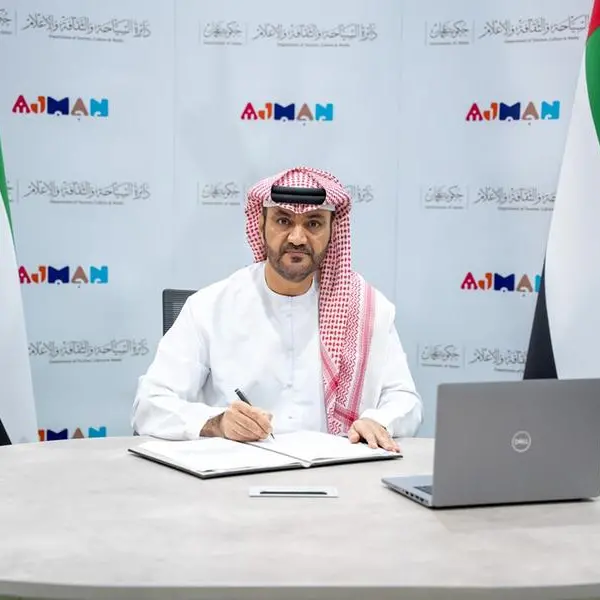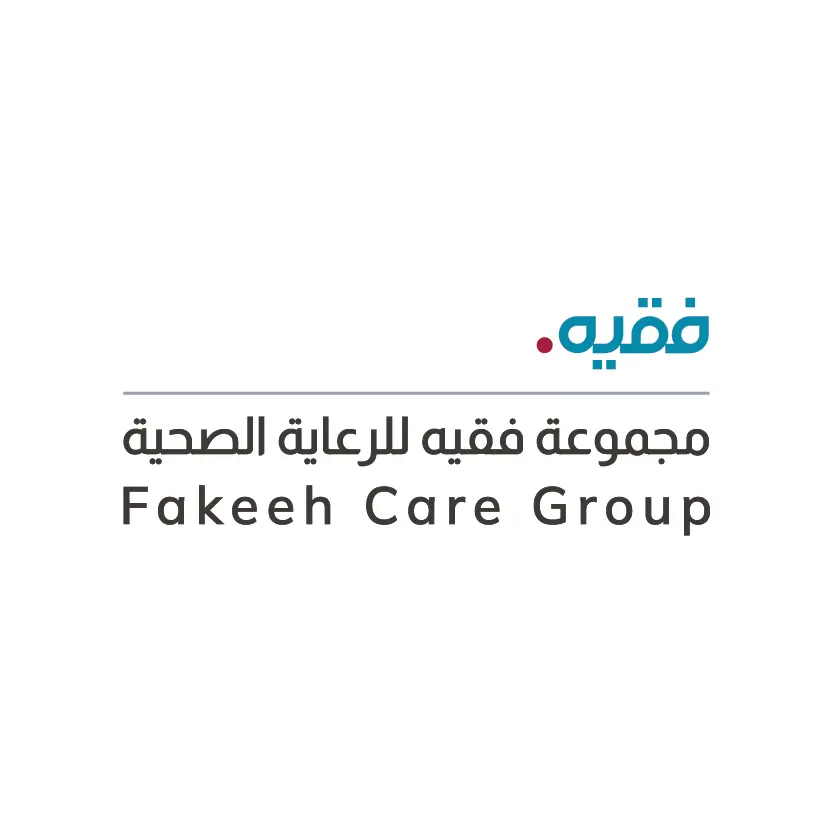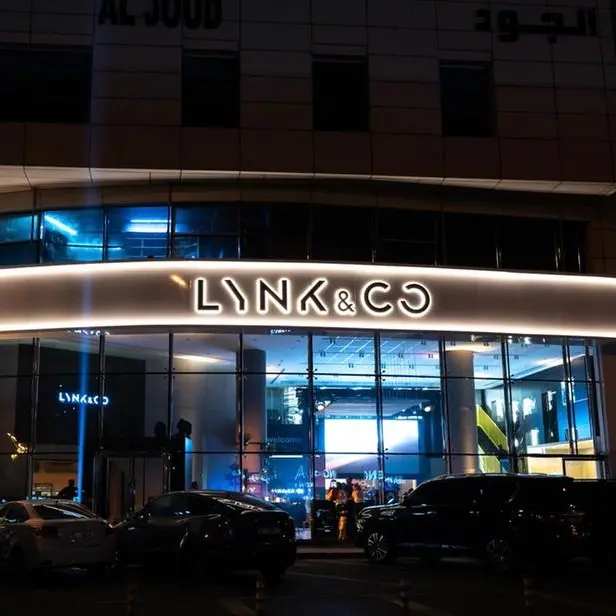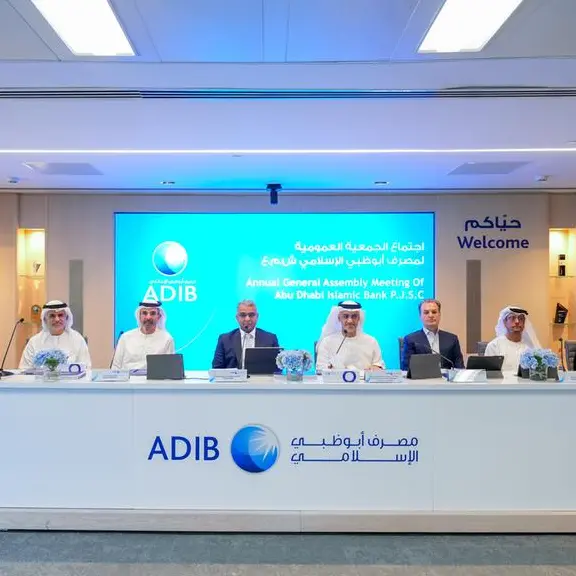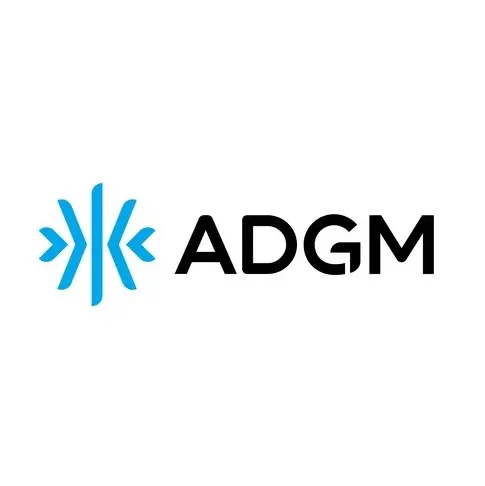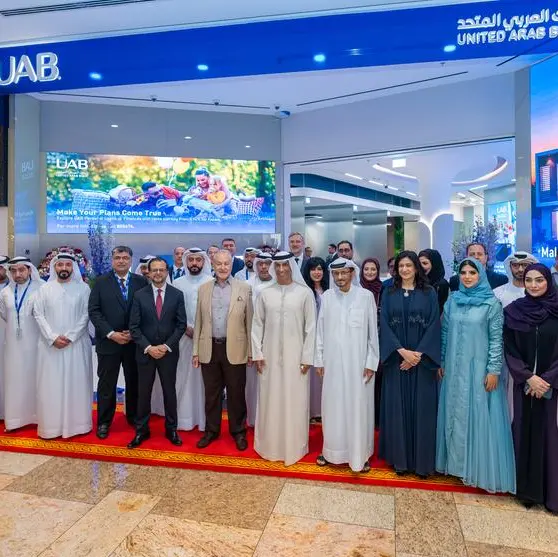
Launch of the 'Recognition to prior learning' process in Kenya will enhance the employability of local refugee and host community youth. It will validate the under-recognised competencies of artisans and provide them new work opportunities.
The word Jua Kali literally translates as ‘hot sun’ in Swahili and in Kenya it is used to refer to the informal sector of traders and small business owners running shops on the street or in open market spaces. The sector provides employment to 83 percent of the working population of the country.
Jua Kali is a collection of traders and artisans with a wide range of skills, including carpentry, metal work and welding, shoe repair, tailoring, automobile repair, plumbing and many others. With long years of work experience within a particular sector, the Jua Kali traders and artisans often become highly specialized in their skills area. At the same time, being subjected to a range of local requirements, they produce creative and cost-effective solutions for the community.
Nevertheless, the sector struggles with the challenges of informality, limited access to finance and business development services, low wages, and lack of social protection. As Ms Caroline Njuki, Chief Technical Advisor of ILO PROSPECTS in Kenya, explained, “Many of these informal workers are unable to complete formal education or training owing to limited access to funds and are thus forced to take up these informal forms of training and employment.”
In the Jua Kali sector, the execution of work and transfer of knowledge also follows an informal approach. “The traders and artisans learn from the local master crafts-persons and do not receive a degree or certificate for the skills they develop. This in turn deprives them from obtaining formal employment and stable income opportunities, despite their significant capabilities and competences,” added Njuki.
ILO PROSPECTS in Kenya aims to enhance the employability of refugee and host community youth through recognition of skills and prior learning by working with the Kenya National Qualifications Authority (KNQA). This partnership has been developed around the Recognition of Prior Learning (RPL) process, an assessment approach that focuses on workers’ abilities and enables them to be properly assessed, certified and awarded a qualification based on competency standards and learning outcomes in line with the Kenya National Qualifications Framework.
“Many workers in Kenya have excellent skills, but no papers to prove it. And they belong to the Jua Kali sector. Recognising their prior learning and acquired skills is a first important step towards formalising the informal. It will facilitate the assessment and certification of important skills that are contributing to national development,” said Dr Juma Mukhwana, Director General of the KNQA.
The RPL process will validate the under-recognised competencies of artisans and provide them a competitive edge in seeking other available national, regional and even international work opportunities.
In November 2021, the ILO in partnership with KNQA held a workshop to sensitize the leadership of the Kenya National Federation of Jua Kali Associations (KNFJKA) on RPL. Being an umbrella member organization advocating for and representing informal sector artisans, the KNFJKA is a key stakeholder in the implementation of RPL.
Mr Geofrey Ochola, National Programme Coordinator-for Skills Development, ILO PROSPECTS Kenya, noted, “The association has the potential to ensure that informal sector workers access the RPL process and obtain certified documentation for their competencies, as well as lobby for their members to be included in planned government programmes.”
With the support of the ILO, the KNFJKA will cascade the information on RPL and mobilize its members to be assessed and certified. Mr Richard Muteti, CEO, KNFJKA, could not hide his excitement about the launch of the RPL programme when he explained, “This is what we have waited for over many years. It is a dream coming true. Certification through RPL will give our members self-esteem and boost their confidence as they will be rated on a comparable level, if not better, than other workers with similar skills sets and in the same occupations, and we are all ready for it.”
Assessment and certification will be carried out by Qualification Awarding Institutions (QAIs), such as the National Industrial Training Authority (NITA) and the Technical and Vocational Education and Training Curriculum Development, Assessment and Certification Council (TVET-CDACC). Ultimately, the operationalisation of this process will provide a solution to one of the main challenges that the sector has faced for many years, that of the lack of recognition of capacity and competencies.
“RPL will revolutionize the way the informal sector operates by injecting standards and hence improving the overall quality of work. Recognition of existing competencies is a first step towards this goal. The ultimate objective is to enable Jua Kali artisans to tap into other and more formal employment and entrepreneurship opportunities through this recognition and progress towards the goal of decent work for all,” said Njuki.
Distributed by APO Group on behalf of International Labour Organisation (ILO).
© Press Release 2021
Disclaimer: The contents of this press release was provided from an external third party provider. This website is not responsible for, and does not control, such external content. This content is provided on an “as is” and “as available” basis and has not been edited in any way. Neither this website nor our affiliates guarantee the accuracy of or endorse the views or opinions expressed in this press release.
The press release is provided for informational purposes only. The content does not provide tax, legal or investment advice or opinion regarding the suitability, value or profitability of any particular security, portfolio or investment strategy. Neither this website nor our affiliates shall be liable for any errors or inaccuracies in the content, or for any actions taken by you in reliance thereon. You expressly agree that your use of the information within this article is at your sole risk.
To the fullest extent permitted by applicable law, this website, its parent company, its subsidiaries, its affiliates and the respective shareholders, directors, officers, employees, agents, advertisers, content providers and licensors will not be liable (jointly or severally) to you for any direct, indirect, consequential, special, incidental, punitive or exemplary damages, including without limitation, lost profits, lost savings and lost revenues, whether in negligence, tort, contract or any other theory of liability, even if the parties have been advised of the possibility or could have foreseen any such damages.
